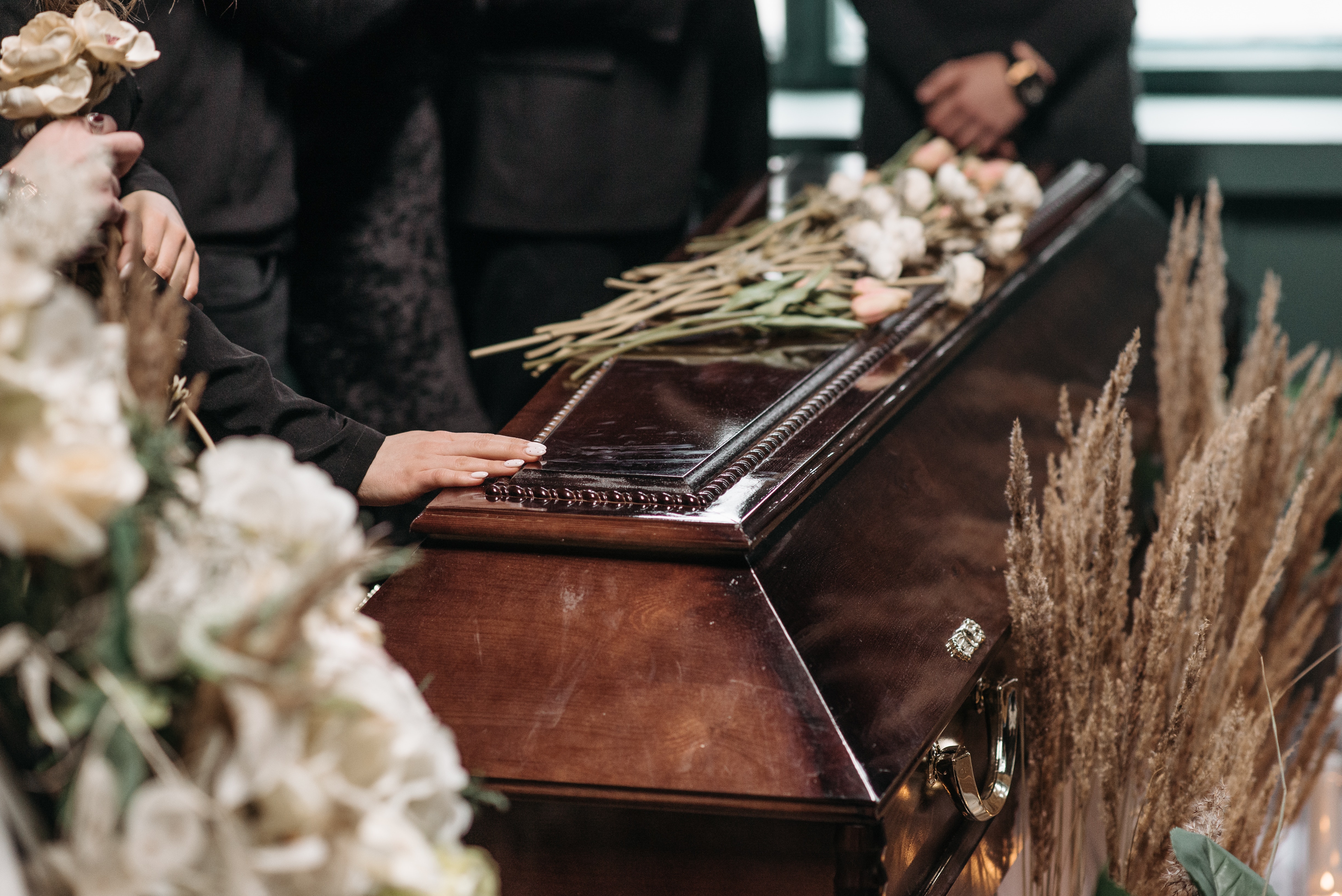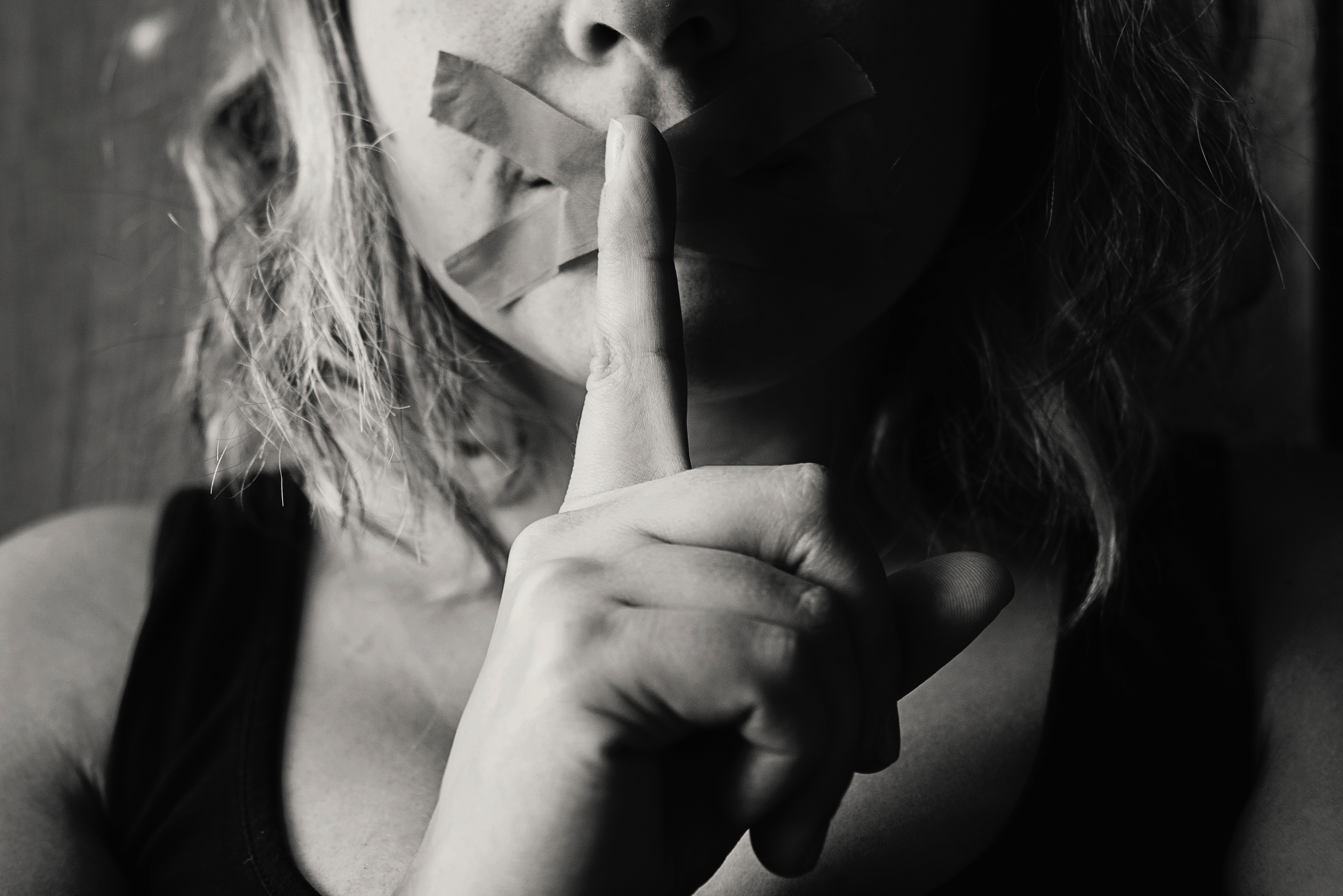Gruesome murder in London, Ontario:
The murder of four members of a Muslim family – Salman, Yumna and Talat Afzaal, and Madiha Salman, and the attempted murder of a fifth member — Fayez Afzaal, in London, Ontario on Sunday, June 6th was a shocking event that has left the city, and the entire country, reeling.
London, Ontario is a quaint city with a small-town feel. It is mainly home to university students and retirees. When a twenty-year old man ran down a family who were out for a Sunday-evening walk, it sent shock waves throughout the community and through the country as a whole.
It would be disingenuous to say that London, or any other Canadian city for that matter, is devoid of racism or Islamophobia, but this kind of brutal attack is an unprecedented event.
Muslims fearful of leaving the house:
Since the news emerged that this was an attack specifically targeting people of the Muslim faith, many Canadians are now living in fear. A lot of people — not only Muslims — who wear traditional clothing are afraid to leave their home, for fear of another attack.
Many Londoners have been traumatized by the events in this small, close-knit community. Canadians from coast to coast are horrified and heart-broken over the news of this dreadful crime.
Why is this act of hatred and violence so deeply disturbing? Why is it affecting us all so powerfully? I think that it relates to the fact that the alleged murderer sought to wipe out an entire family.
Everyone has a family:
Everyone comes from a family. For most of us, family is seen as our first and most consistent source of love, comfort and security. We value family above almost anything else.
In a sense, family is sacred. So, when an assailant runs down an entire family with a huge truck, it feels like more than a crime. It feels like an act of sacrilege.
What makes it all the more chilling is that since the beginning of the COVID restrictions, everyone has taken up walking. It’s one of the few activities these days that a family can share.
Everyone across the country can relate to the idea of going for a walk with their loved ones, so when this innocent ritual shared by all Canadians is defiled by such an act of violence, we are stunned and appalled.
Everyone can empathize with the members of this family who were savagely mowed down on a Sunday evening while out for a pleasant stroll.
This particular family was made up of a mother, a father, two children and a grandmother. Because it feels so close to our hearts, we’re left traumatized by what happened to them.
Trauma — the result of horrific experiences:
Trauma occurs when we experience events that are life-threatening or when we witness horrific events. Londoners and Canada as a whole are bearing witness to the events of Sunday night and it is traumatizing for us all.
Symptoms of trauma include fear, anger, insomnia, nightmares, numbness, confusion, agitation, social withdrawal, crying spells, irritability and anguish. We can feel some or all of these things.
In an article from the London Free Press, Greg Tilford, a neighbour of the Afzaal’s, is quoted as saying that he had seen Mr. Afzaal and his young son, Fayez, in front of their home on the day before the attack. Mr. Tilford said that when he learned about what happened, “I just went there, sat on the ground and bawled.”
A longtime family friend, Saboor Khan, was quoted as saying that, “I walk with my family on the same route, too… Just imagining them struggling for life, it is so inhumane. I struggle for words.”
We are devastated by the deaths of the four family members who succumbed to their injuries on the night of the attack and we are crushed by the fact that the sole survivor — a nine-year old boy — has just lost his entire family. It’s an unspeakable tragedy.
This is a link to the gofundme page set up for the young boy, Fayez Afzaal, if you’d like to make a contribution.
Trauma is a debilitating experience and people who are severely affected should not hesitate to seek out help in the form of counseling and/or medical treatment. The CBC has provided a list of resources here for people who are struggling with trauma.
I have spent the better part of twenty-five years helping people recover from trauma, and there are two conclusions I’ve come to. One, is that trauma can profoundly and adversely affect us. Two, is that it can be treated, and the sooner we get to it, the better off we’ll be.
How to heal trauma:
If people are feeling like it’s all too much for them to deal with, right now, they should seek out help wherever they can find it. Whether it’s talking to a loved one, a member of the clergy, a mentor, a counselor or a coach, there is help available within the community.
And when we’ve been traumatized, we’re that much more vulnerable. Trauma makes us more sensitive to any other stress. So, we need to engage in serious self-care, including making sure that we get enough rest and sleep, so that our stressed-out brain can heal.
We need to eat healthy food and stay hydrated. We need gentle, regular exercise. We need a lot of love and support from the people who we trust. We need quiet time alone to tune in to our feelings. And we need to give ourselves the time and permission to grieve.
We need to have patience with the process, as trauma can take a while to heal from. If we practice self-compassion and compassion for one-another, the healing will happen.
Condolences and a call to action:
My heart goes out to the family and friends of the Afzaals, as well as to the community of London and to everyone who has been affected by this tragedy.
I am hoping that the horrific nature of these events will serve to galvanize our local and federal governments to enact policies that protect all Canadians from hatred and hate crimes.
I hope that real change can come from this terrible loss so that in the very near future, no-one will have to worry about going for a walk with their family on a warm Sunday evening.
___
Sign up here for my free biweekly wellness newsletter that brings you fresh, thought-provoking content.
Subscribe to my YouTube Channel where you’ll learn simple tips for taking the best care of yourself and your loved ones.
Tune in to my Ruthless Compassion Podcast where I go in-depth about topics like mental health, trauma, and loneliness.



